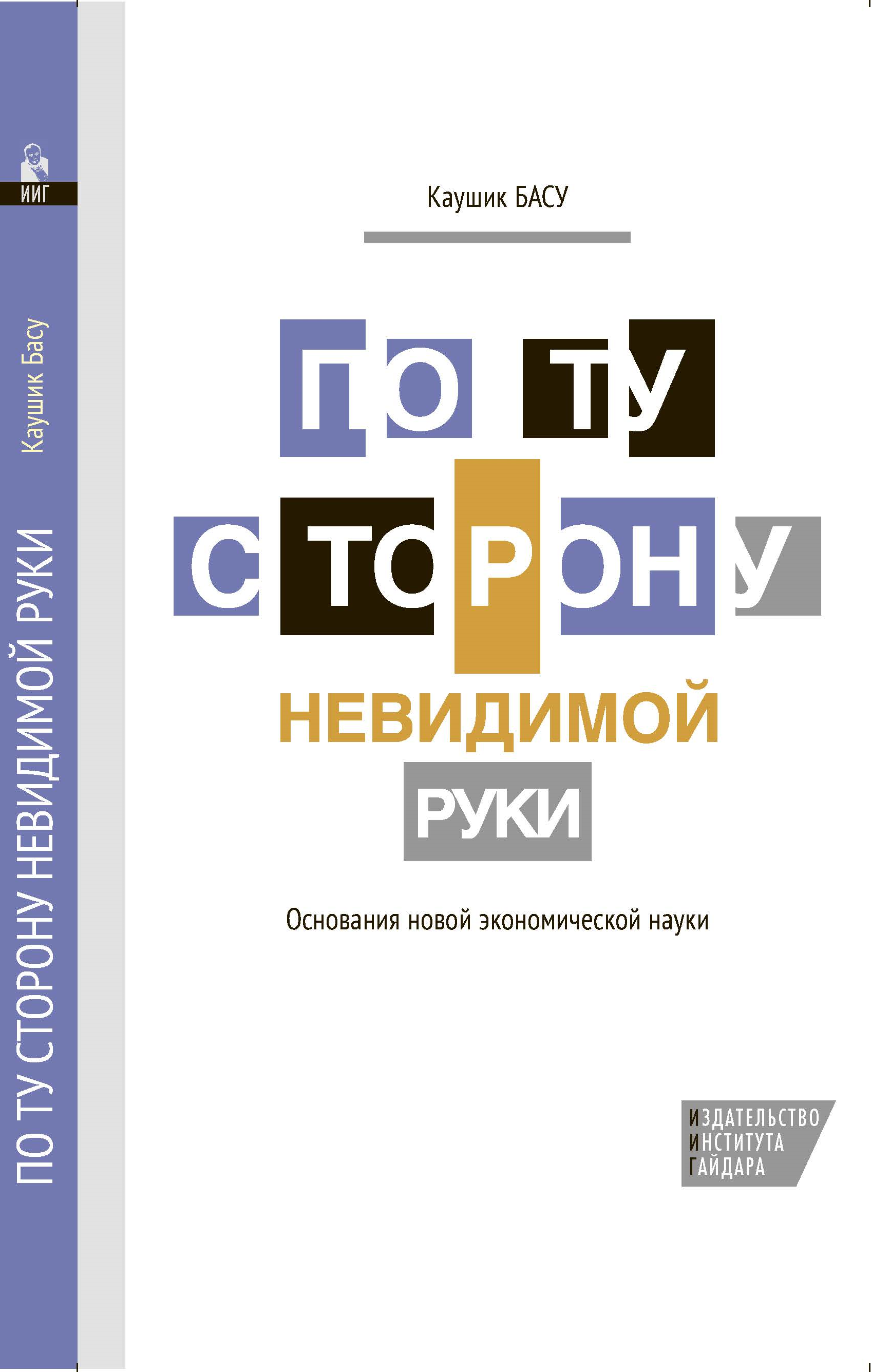Beyond the Invisible Hand Groundwork for a New Economics

Kaushik Basu
Translated to Russian by A. Appolonov, T. Kotelnikova; ed. by I. Chubarov. – Moscow: Gaidar Institute Press, 2014. – 432 p.
ISBN 978-5-93255-386-2
One of the central tenets of mainstream economics is Adam Smith's proposition that, given certain conditions, self-interested behavior by individuals leads them to the social good, almost as if orchestrated by an invisible hand. This deep insight has, over the past two centuries, been taken out of context, contorted, and used as the cornerstone of free-market orthodoxy. In Beyond the Invisible Hand, Kaushik Basu argues that mainstream economics and its conservative popularizers have misrepresented Smith's insight and hampered our understanding of how economies function, why some economies fail and some succeed, and what the nature and role of state intervention might be. Comparing this view of the invisible hand with the vision described by Kafka – in which individuals pursuing their atomistic interests, devoid of moral compunction, end up creating a world that is mean and miserable – Basu argues for collective action and the need to shift our focus from the efficient society to one that is also fair.